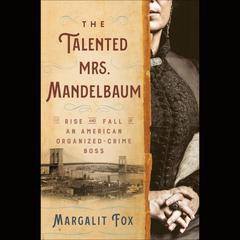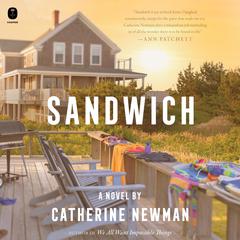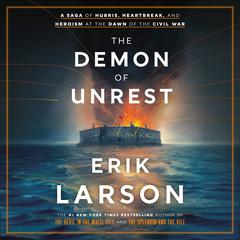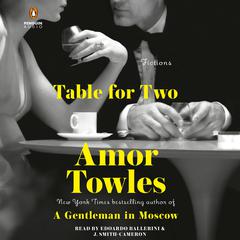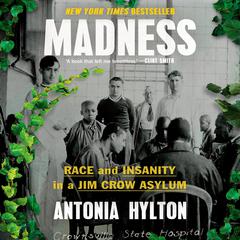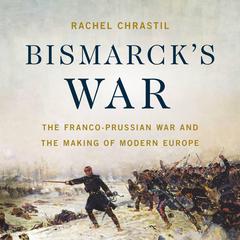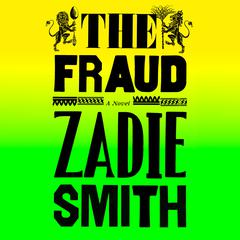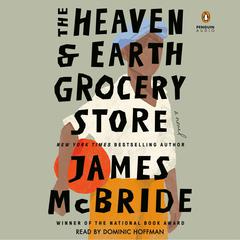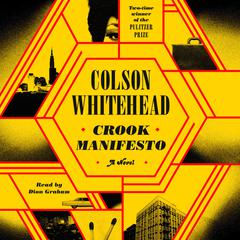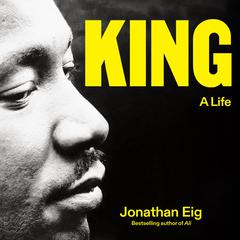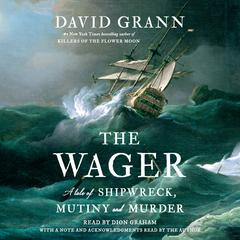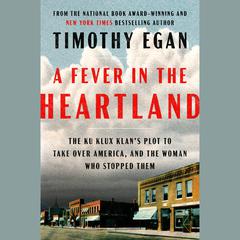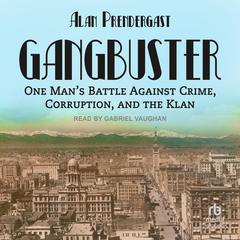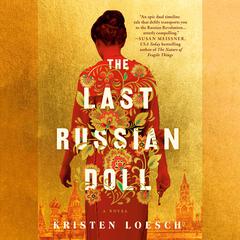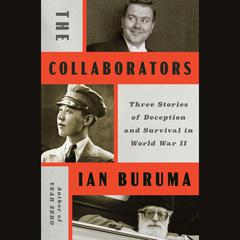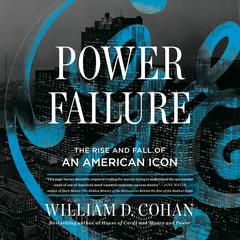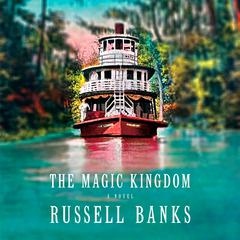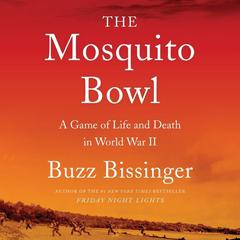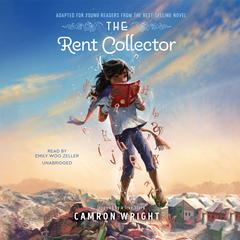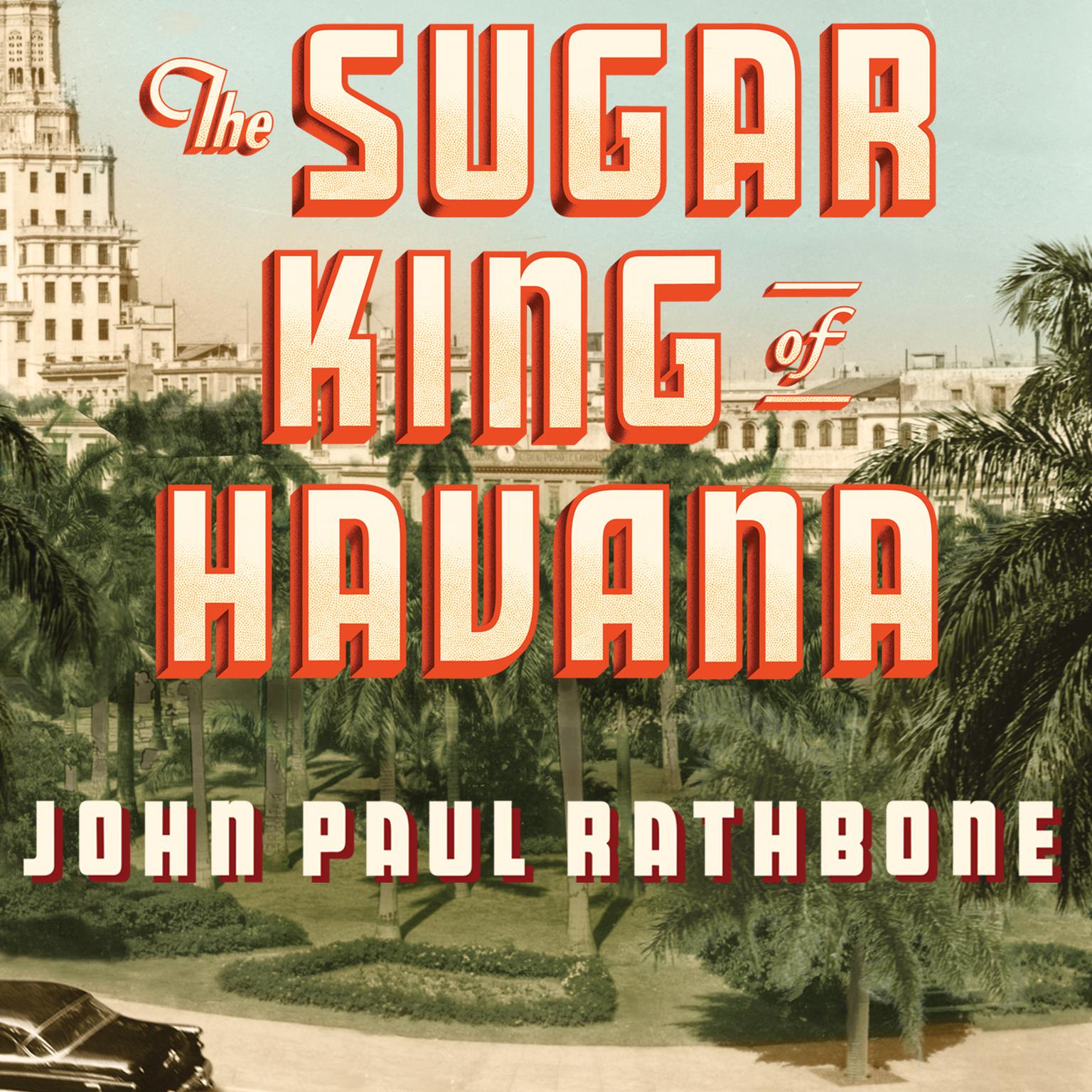 Play Audiobook Sample
Play Audiobook Sample
The Sugar King of Havana: The Rise and Fall of Julio Lobo, Cuba's Last Tycoon Audiobook
 Play Audiobook Sample
Play Audiobook Sample
Quick Stats About this Audiobook
Total Audiobook Chapters:
Longest Chapter Length:
Shortest Chapter Length:
Average Chapter Length:
Audiobooks by this Author:
Publisher Description
Fifty years after the Cuban revolution, the legendary wealth of the sugar magnate Julio Lobo remains emblematic of a certain way of life that came to an abrupt end when Fidel Castro marched into Havana. Known in his day as the King of Sugar, Lobo was for decades the most powerful force in the world sugar market, controlling vast swaths of the island's sugar interests. Born in 1898, the year of Cuba's independence, Lobo's extraordinary life mirrors, in almost lurid technicolor, the many rises and final fall of the troubled Cuban republic.
The details of Lobo's life are fit for Hollywood. He twice cornered the international sugar market and had the largest collection of Napoleonica outside of France, including the emperor's back teeth and death mask. He once faced a firing squad only to be pardoned at the last moment, and he later survived a gangland shooting. He courted movie stars from Bette Davis to Joan Fontaine and filled the swimming pool at his sprawling estate with perfume when Esther Williams came to visit.
As Rathbone observes, such are the legends of which revolutions are made and later justified. But Lobo was also a progressive and a philanthropist, and his genius was so widely acknowledged that Che Guevara personally offered him the position of minister of sugar in the Communist regime. When Lobo declined—knowing that their worldviews could never be compatible—his properties were nationalized, most of his fortune vanished overnight, and he left the island, never to return to his beloved Cuba.
Financial Times journalist John Paul Rathbone has been fascinated by this intoxicating, whirligig, and contradictory prerevolutionary period his entire life. His mother was also a member of Havana's storied haute bourgeoisie and a friend of Lobo's daughters. Woven into Lobo's tale is her family's experience of republic, revolution, and exile, as well as the author's own struggle to come to grips with Cuba's—and his family's—turbulent history.
Prodigiously researched and imaginatively written, The Sugar King of Havana is a captivating portrait of the glittering end of an era, but also of a more hopeful Cuban past, one that might even provide a window into the island's future.
Download and start listening now!
"enjoyed the perspective and the writing. "
— Paul (4 out of 5 stars)
Quotes
-
An exceptionally rich portrait not only of an empire and its progenitor but Cuba itself, and the economic legacy of Castro's revolution, the loss of capital, and the end of Cuba's 'great age of sugar.'
— Publishers Weekly Starred Review
The Sugar King of Havana Listener Reviews
-
" I read this to get more information about Batista/Castro/etc. Not very inspiring writing, though. "
— Maureen, 10/20/2010 -
" Fascinating biography of Julio Lobo, as the title says, the last of Cuba's sugar tycoons. Having recently read the John Lee Anderson biography of Che, this was an excellent time to read this book, as it provides a capitalist portrait from those years before the revolution. "
— Frances, 10/5/2010 -
" I'm a sucker for anything on the history of Cuba from the 50s til now.... "
— JAK, 9/19/2010 -
" Where is the biography of Julio Lobo? How can you title the book The Sugar King of Havana and have so little material actually about him!! "
— Tracy, 9/3/2010 -
" Kind of plodding. Never got into a good story groove. Too much first person. Too narrow a view of Cuba, while not enough detail about Lobo to really give a good sense of the man. "
— Craig, 8/18/2010
About John Paul Rathbone
John Paul Rathbone was born in New York and raised in England. Currently the deputy head of the Financial Times’ prestigious Lex column, he is a graduate of Oxford and Columbia universities. He has worked as an economist and a journalist, as well as at the World Bank. His articles have appeared in many publications, including the Wall Street Journal, Britain’s Sunday Telegraph, Colombia’s El Espectador, and Esquire, where he was the business columnist from 2002 to 2003. He lives in London.
About Simon Vance
Simon Vance (a.k.a. Robert Whitfield) is an award-winning actor and narrator. He has earned more than fifty Earphones Awards and won the prestigious Audie Award for best narration thirteen times. He was named Booklist’s very first Voice of Choice in 2008 and has been named an AudioFile Golden Voice as well as an AudioFile Best Voice of 2009. He has narrated more than eight hundred audiobooks over almost thirty years, beginning when he was a radio newsreader for the BBC in London. He is also an actor who has appeared on both stage and television.




